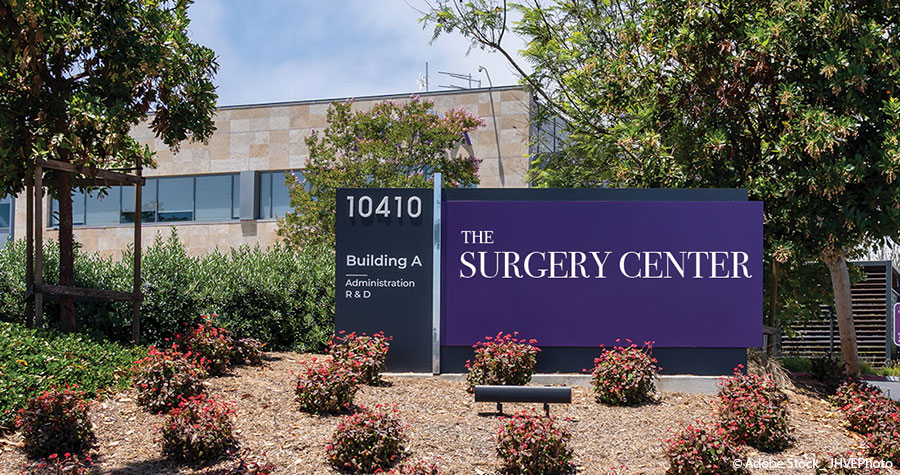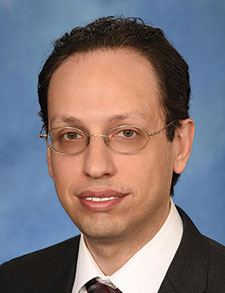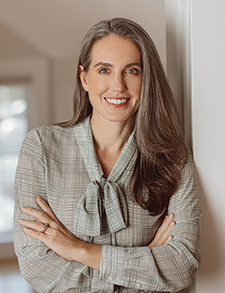The use of Facebook by physicians provides psychological safety and well-being in a novel way that far exceeds what may or may not exist or be offered by our employers as a human resources or Accreditation Council for Graduate Medical Education function.





